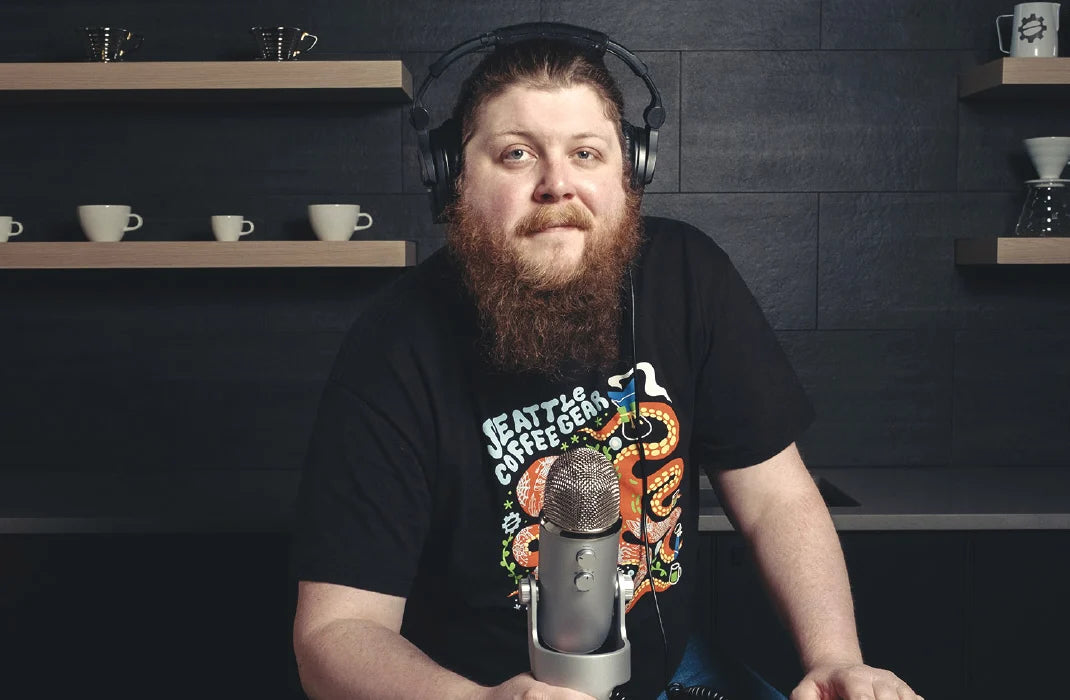Water filtration is a big, complex subject, but one that really matters! Mineral content in water is the number one killer of espresso machines. With this in mind, it's extremely important to properly filter and read your water. Using hard tap water can lead to premature limescale buildup. This can cause real damage to your machine in the worst case, and will at least demand more frequent maintenance.
There is, however, good news! Thanks to chemistry there is a whole world of resources to help you use the perfect water with your machine. So where does it start?
Water Hardness
Filtration starts with the source of the water. Depending on your location and the quality of your water, filtering it can be more or less of a strain. Most espresso machines come with test strips that help you determine your water hardness. Hardness refers to the level of minerals in your water. For water that has higher lime content, you'll need to change filters more frequently.
Many machines actually offer helpful tracking of your filters based on hardness. Jura, Saeco, Breville, and others all track when you install a filter, and what your water hardness is. From there, the machine will remind you when its time to change the filter. Many of these machines do this simply over time, but there are some machines that even read the amount of water that comes through the filter. These machines allow you to track when you should change the filter more exactly.
The main way the above manufacturer's filters differ is in how you pick them.
Jura's Clearyl filters have plastic parts that match the receiving parts on the tank. From there you can determine if you need a white or blue filter. In the case of Saeco, they offer a single
AquaClean across their currently supported line of machines, making filtration easy. Finally,
Breville offers two simple filters that are easy to tell the difference between.
But what if your machine doesn't offer a proprietary water filter?
Bottled, Pre-filtered, and More
In many cases, if you don't have a smart filtration system you'll want to pre-filter your water. Not all filters are created equal, so it's a good idea to check the hardness of your filtered water carefully as well. Based on this hardness, you can determine how safe it is to use pre-filtered water to fill the tank of your espresso machine. Some manufacturers, like La Marzocco, suggest that if your water is too hard, use bottled water. Using bottled water isn't as simple as using spring water though, as certain bottled waters can have high mineral content as well.
Make sure you check the bottled water you use. If you're not sure a brand should be used in your machine, contact the manufacturer for the ultimate yes or no answer.
It's important to remember that water filters must be changed and maintained too. Whether using a smart filter or pre-filtered water, make sure that you change your filters regularly. Water run through an expired filter could be too hard, causing real maintenance issues for your machine. In the case of certain E61 Grouphead machines, at home descaling can actually damage your machine. For this reason you'll need to take it to a technician for its regular maintenance. By properly filtering your water you'll have more time between those descalings!
On top of all of this, filtered, fresh water just makes better coffee. By using the best possible water, you eliminate that variable from the brewing process, and allow the coffee to truly speak for itself. So make sure your filters are fresh and your water is clean today!

